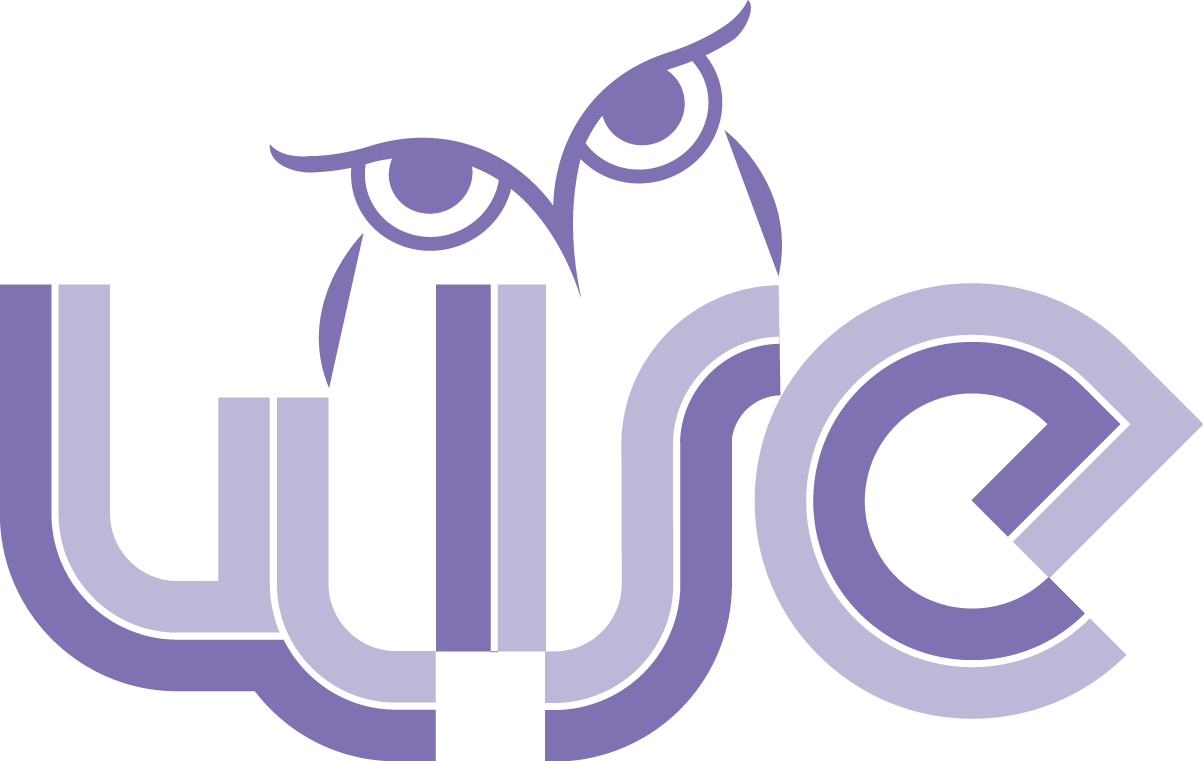What is Freedom?
This evening, as a crimson crescent moon rose into the sky, a quiet question emerged within me: What is freedom? Have you ever paused to ask yourself, not just in thought, but in quiet attention? Freedom is a word we often use, but rarely sit with. This reflection is a quiet exploration of what freedom might mean through the lens of Vipassana, and how it reveals itself not through doing, but through being.
So what is it, really? Is freedom something external, the ability to choose where you go, what you say, how you live? To move freely, express yourself, shape your own path? Or is it something more subtle, the spaciousness to simply notice, to be here, as you are?
It reveals itself, perhaps, in those moments we witness beauty, not reaching for the light of the moon, not clinging to the silence of the night, not needing to name the quiet stirrings within. Just being with it — quietly, openly.
Over time, through the practice of Vipassana, the question began to deepen. Freedom was no longer an idea, but an experience of how the mind meets what is. What disrupts that inner clarity is rarely loud. It begins softly as a whisper —a craving, a thought, a quiet need: “I need this.” Maybe a person, an approval, an achievement, a moment of peace. When life feels incomplete, we believe that if only we had that one thing, we’d feel whole. And so, in chasing it, we begin to lean away from presence.
Then another voice arises: “What if I lose it?” Now the effort turns to holding on to a relationship, a title, a feeling. We try to hold on — not out of love, but out of fear.
And soon, another pattern arises: “Let me stay far from this pain…” The mind runs from discomfort, from uncertainty, from loneliness. But what we run from stays with us.
The mind weaves patterns from them, too, unseen, but heavy.
And so, freedom begins to slip away in craving, in aversion, in identifying with every story the mind creates.
But Vipassana gently reminds us: The tension is not outside, it lives in the way we relate. It’s not what’s happening, but how we respond to it. As Hor Tuck Loon often says: “You don’t suffer because of pain — you suffer because of craving.”
Pain comes, and it goes. But when we fight its leaving, the pain stays. When pleasure arises and we whisper, “may this never end,” we resist its passing, and that’s where suffering begins.
I remember during a retreat, a wave of strong pain rose in my body. My mind panicked: “Make it stop! I can’t take this!” At that moment, my teacher’s soft but steady voice filled the hall: “Don’t do anything. Just observe. That too will pass.” And it did.
In that moment, I saw clearly, it wasn’t the pain itself, but how I met it that bound me. And maybe this is what freedom really is: Not something found in answers but something felt in the space between questions. In the stillness of just observing, in the courage to stay without fixing or fleeing, in allowing what is to simply be.
Like watching the moon rise, without naming it, without trying to hold it, just gently remembering what it feels like to be here. Perhaps that’s where freedom begins, not in doing, but in simply being.
In peace,
Selin Uluer
23 September 2025

